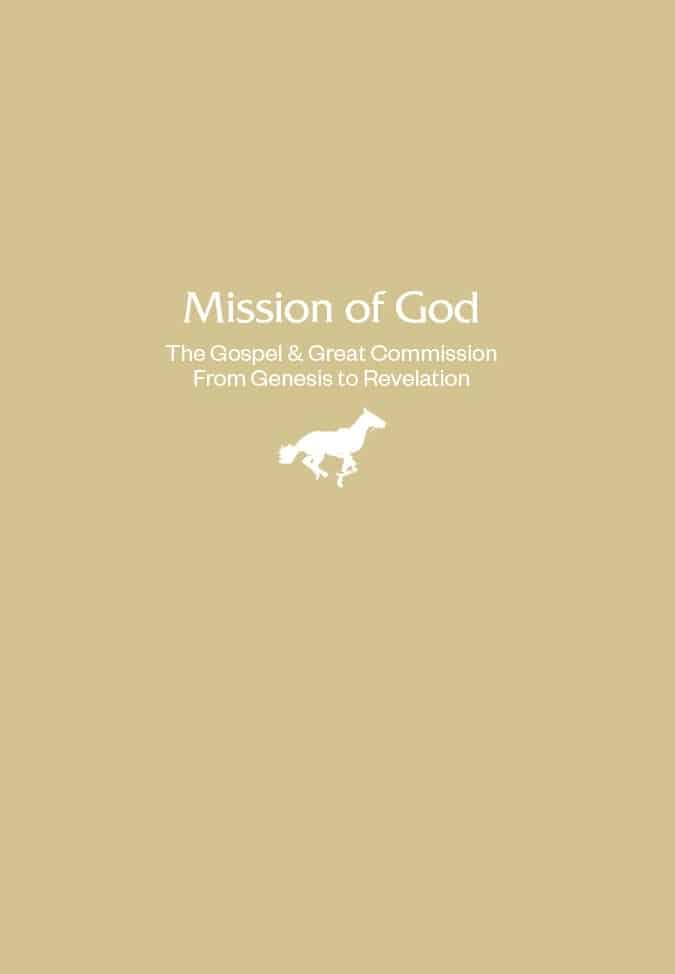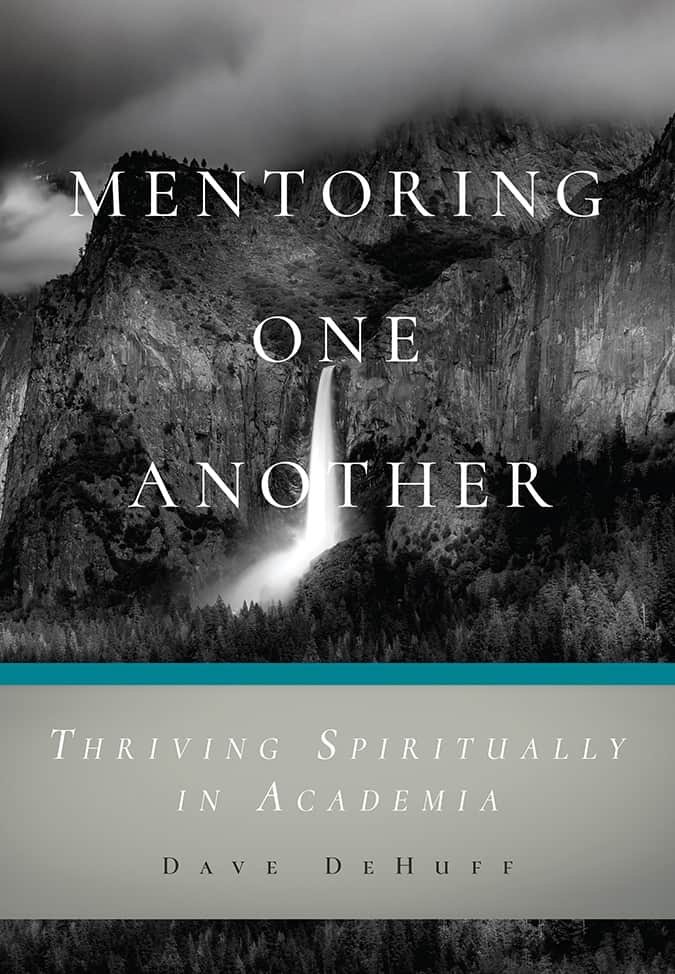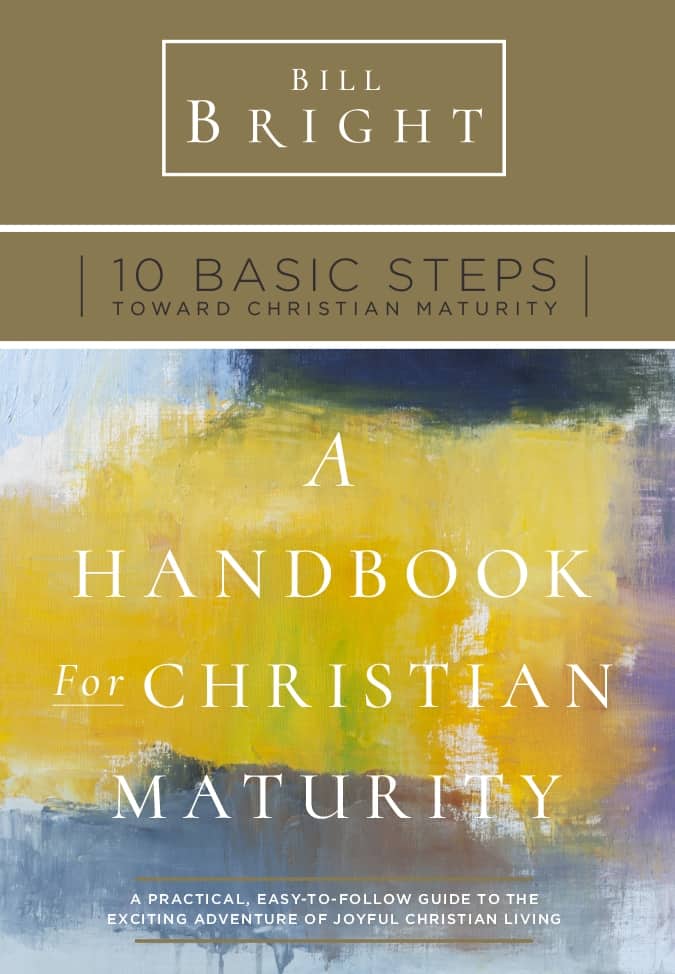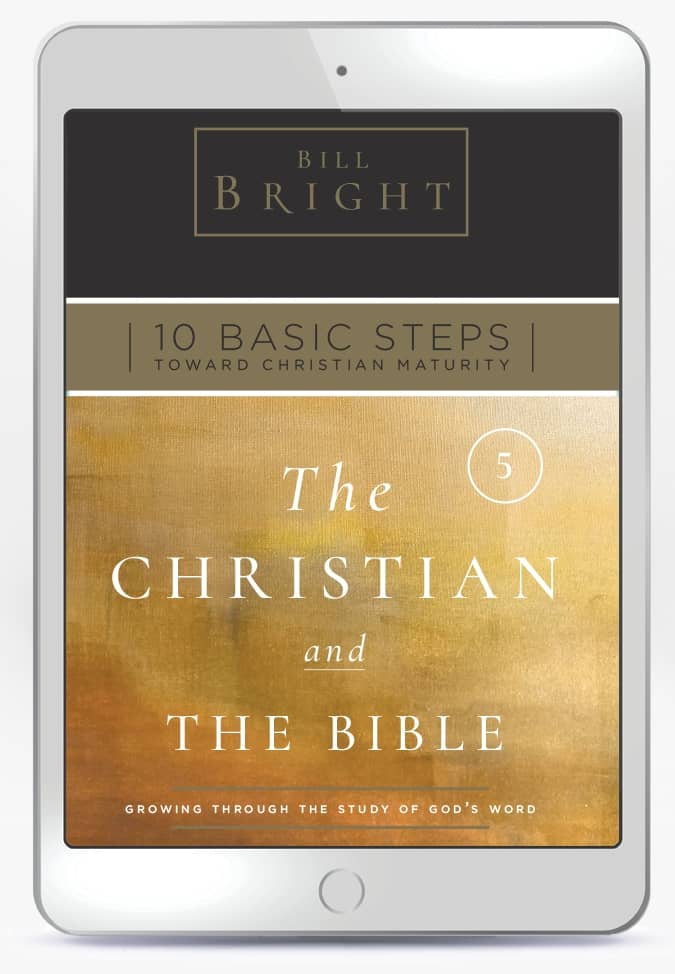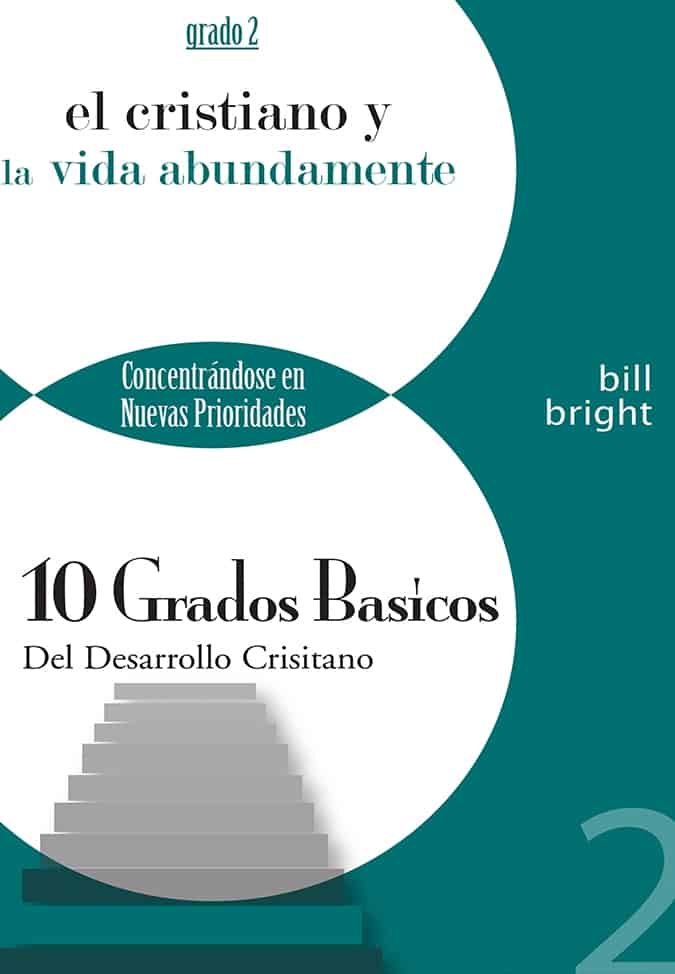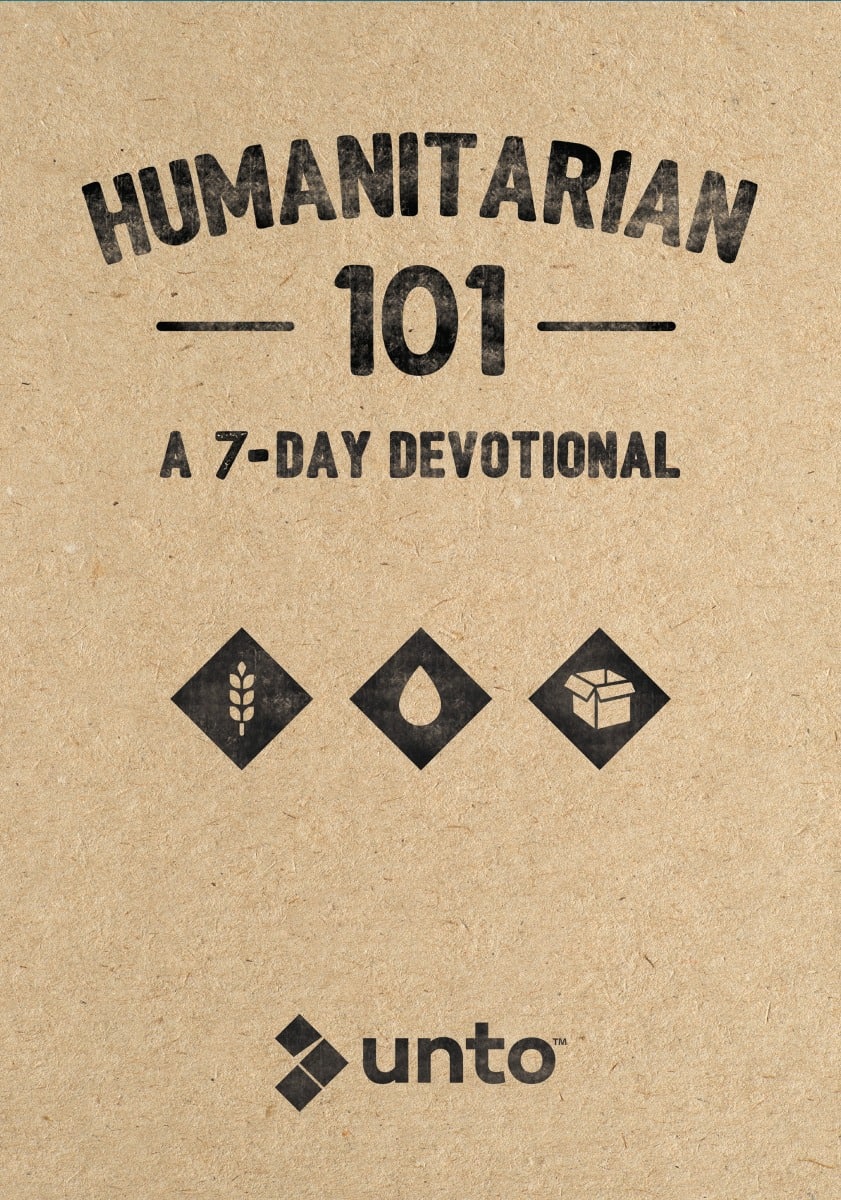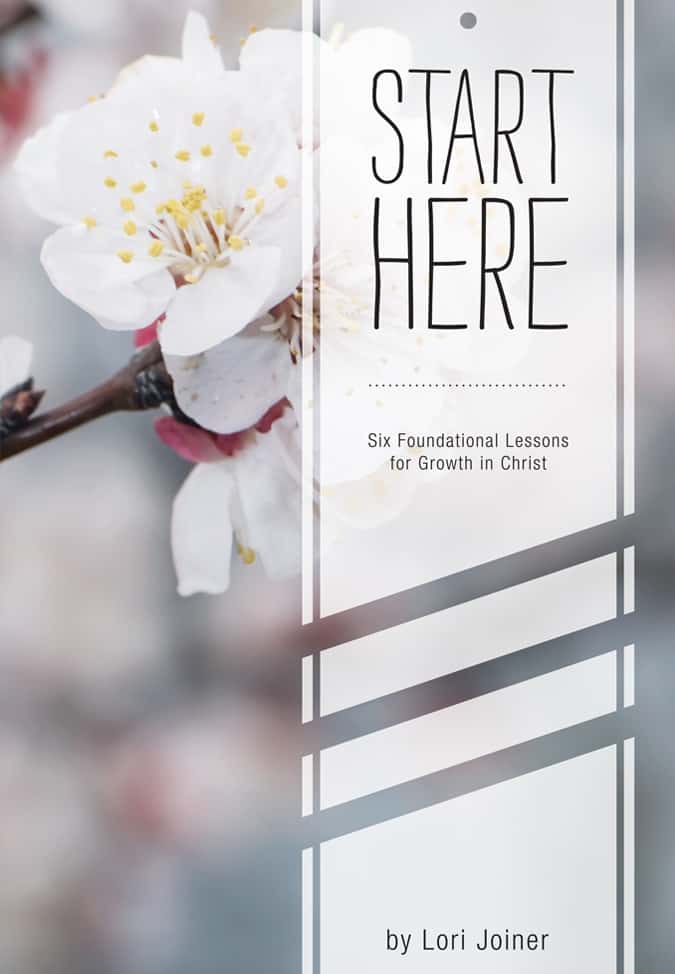Why Is the Bible So Confusing to Me?

What do you do when you read the Bible and find yourself baffled?
First, you should know that you’re not alone. Understanding the Bible can be difficult.
Here are four ways you can gain clarity.
- Avoid the “lucky-dip” method — This is where you turn randomly to a book or chapter in your Bible. No story would make sense approached this way. Genesis, for instance, sets the stage for everything that follows. You may find that reading the Bible from beginning to end, just as you would any other story, helps to make better sense of things.
- Become familiar with the styles of literature you are reading. The Bible isn’t one book. It’s 66 books. By knowing the genre or literary style of a book, you will understand more of what the author is trying to say.
- Look at the bigger picture. Where does your verse or passage fit in the chapter, book and overall storyline of the Bible? As you gain a better grasp of the whole, the parts will begin falling into place more easily. For example, once you understand the promise that a savior will come through the line of Abraham, Isaac and Jacob (a major plot point), the fact that Abraham’s wife Sarah (and many wives after her!) can’t get pregnant (a minor plot detail) takes on a deeper significance.
- Use one of the excellent resources that are available to help. Commentaries and Bible dictionaries provide information about the author, culture and historical contexts. Verse-by-verse notes provide insights to help you understand the meaning of the Bible passage you’re reading. Try Dr. Thomas Constable’s commentaries or Blue Letter Bible.
How to Deal with Challenges
What if you come across an apparent contradiction in the Bible?
A great rule of thumb is to let the Bible interpret the Bible. Look for clarity by reading other passages on the same subject.
Ask: Do I have enough information and a good enough understanding of that information to reasonably say that I have found a true inconsistency? As you spend time rereading, thoughtfully reflecting, asking the Holy Spirit to help guide you and discussing the issue with others who are well-versed in the Bible, you will often come to understand the consistency beneath the apparent conflict.
What if you read something that challenges a belief or attitude you currently hold?
Ask: Is the Bible prescribing (“Do this” or “Don’t do this”) or merely describing (“Here is what happened”) this belief, attitude or practice? If the latter, we have no problem. If the former, we must be willing to let the Bible challenge and correct us.
Take next steps toward understanding the Bible with A Quick Lesson on How to Study the Bible and How to Be Successful in Studying the Bible.




